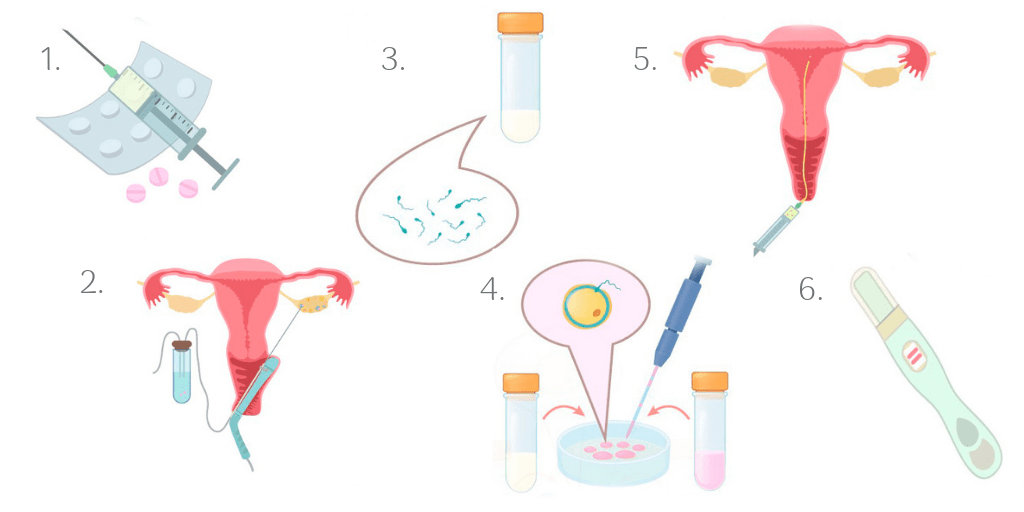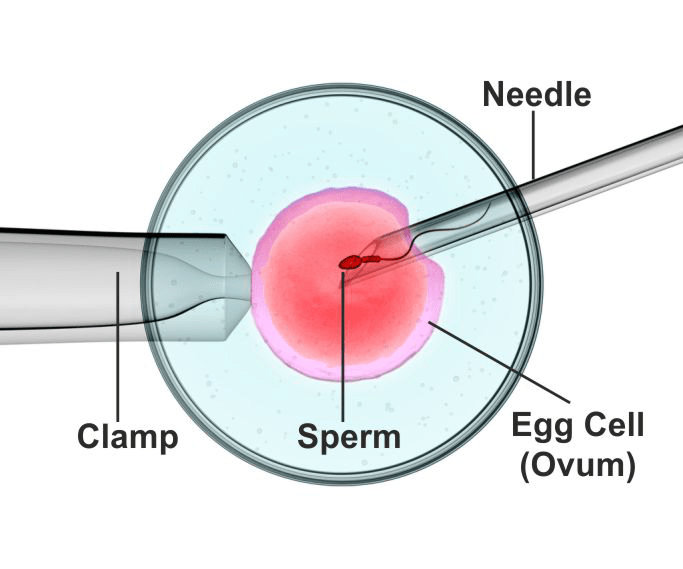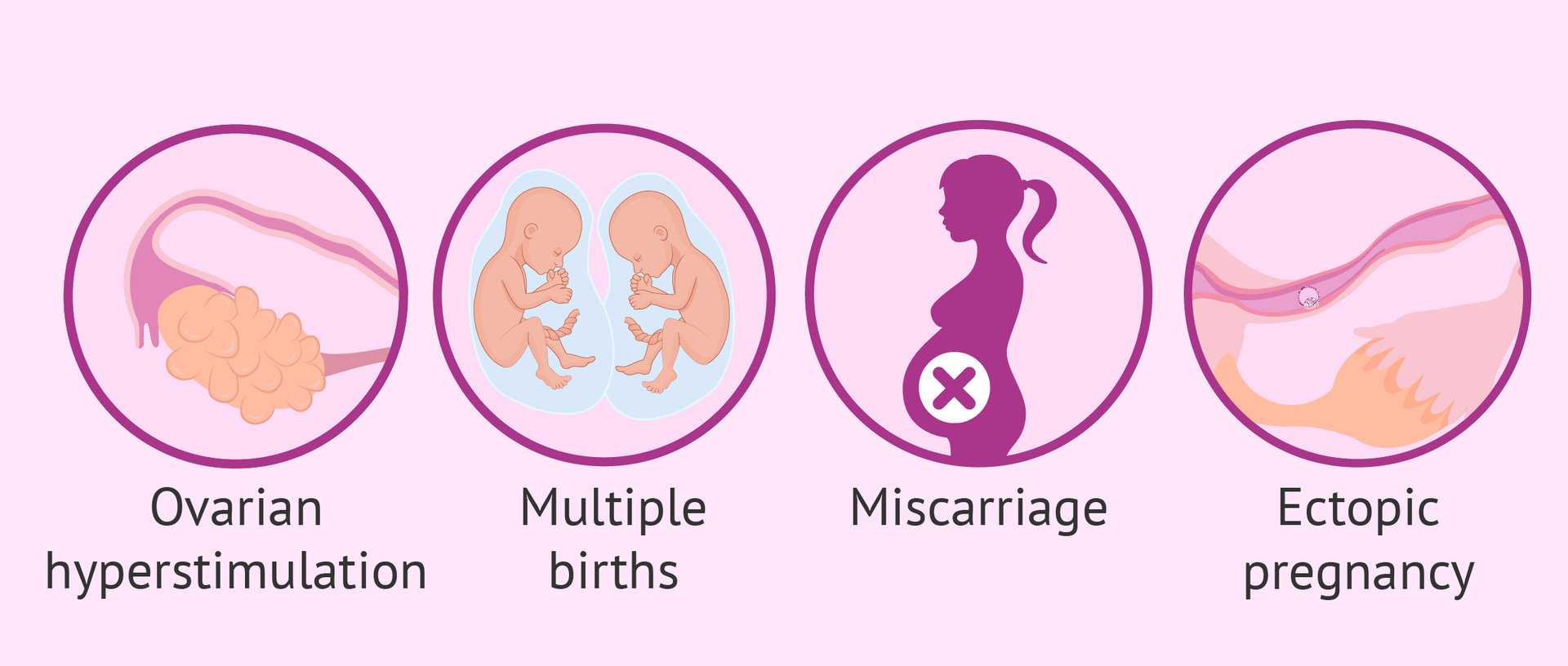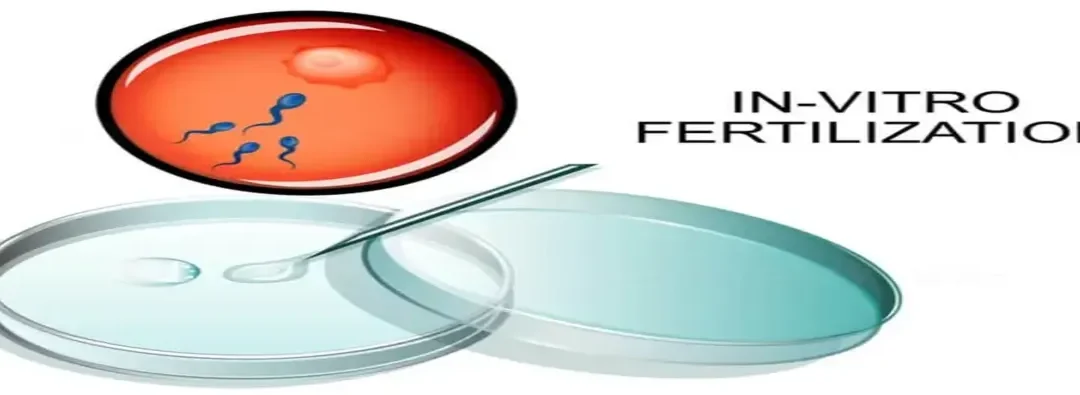If you are planning to undergo in vitro fertilization (IVF), you must be trying to get pregnant for a while without success.
No doubt you must have visited doctors and undergone tests to find out the reason for not conceiving. It must be causing anxiety, frustration, and stress, not only in your life but in your relationships also.
However, before you seek this treatment, there are a few things you should be aware of. One of them is the cost of the treatment, which can be quite significant. Plus, the effect of IVF on the body and mind.
But most importantly, you need to choose the right fertility specialist who is an IVF treatment expert, has ample experience, and has a high success rate.
Dr. Shweta Shah is a leading gynaecologist for IVF treatment in Malad, Mumbai. She has a decade of experience treating and managing fertility issues, complex gynaecological problems, and high-risk pregnancy.
She has gained immense trust and respect from her patients for her personalized and result-oriented treatments tailored to their needs. She is considered one of the best gynaecologist & obstetrician in Malad, Mumbai.
If you are planning to undergo IVF, then this article will be of help to you. Here, we have discussed the procedure and the potential risk.
IVF Overview
In vitro fertilization (IVF) is an advanced and complex procedure that helps couples with fertility issues have their own biological child. Over the years, millions of couples have realized their dream of becoming parents with IVF.
The women’s eggs are fertilized outside her body in the lab during this process. The resultant embryo is transferred to her uterus. One IVF cycle takes around three weeks. However, the success of the treatment depends on many factors, including the cause of infertility and your age.
Who can undergo IVF?
Dr. Shweta Shah, a renowned gynaecologist in Malad,Mumbai, explains that couples with the following issues can opt for IVF:
- Women over 40 years
- Blocked or damaged fallopian tubes
- Genetic disorder
- Endometriosis
- Ovulation disorder
- Uterine fibroids
- Problems with the production and function of sperm
- Tubal ligation
- Unexplained infertility
- Fertility preservation
What is the procedure for IVF?

Step 1 – Ovarian stimulation
Your fertility specialist will start the treatment by giving you hormone medications to stimulate your ovaries to produce multiple eggs.
They will constantly monitor the progress through regular blood tests and ultrasounds.
Stage 2 – Egg retrieval
Once the eggs are matured, the specialist will retrieve them through a simple procedure.However, 34 to 36 hours before the eggs are removed, you will be given a trigger injection for the final maturation of the eggs.
The fertility specialist will collect the eggs with the help of transvaginal ultrasound.
Stage 3 – Sperm retrieval
On the day your eggs are collected, your partner will provide a sperm sample which will be washed and prepared for fertilization.
Stage 4 – Fertilization
The eggs and sperm are mixed in a petri-dish so that they may fertilize. Once fertilized, the embryos are allowed to develop in the incubator for 3 to 6 days. The embryologist will constantly monitor their progress.
Stage 5 – Embryo transfer
The fertility specialist will choose one or two best-quality embryos to transfer to your uterus. The doctor will place the embryos in your womb through your vagina using a thin, flexible catheter.
The remaining embryos can be cryopreserved for future use.
Stage 6 – Pregnancy test
After embryo transfer, you will have to wait for two weeks before doing the pregnancy test to confirm if you have conceived or not.
What next?
If your pregnancy test is positive, your fertility specialist will advise you on your further line of treatment and monitor your pregnancy. Unfortunately, if your test is negative, it will be very distressing, and you are bound to feel low. You can take the help of your family and friends to cope or seek help from a counsellor.
The fertility specialist will discuss with you what went wrong and adjust accordingly in the next cycle. After waiting for a few months, you can again opt for another IVF cycle using your frozen embryos.
What are the different types of IVF?

Apart from standard IVF, there is ICSI (intracytoplasmic sperm injection), an advanced form of IVF treatment. It is usually used in case of male infertility or repeated IVF failure.
This procedure is identical to IVF except for the fertilization process, where the egg is directly injected with the sperm.
What are the risks of IVF?

IVF does have some risks, such as:
- Ectopic pregnancy
- Multiple births
- Miscarriage
- Complications during egg collection
- Ovarian hyperstimulation syndrome
- Congenital disabilities
- Low birth weight
- Premature delivery
- Emotional and financial stress
If you need added information and guidance regarding IVF, you can talk to Dr. Shweta Shah, a highly acclaimed gynaecologist for IVF treatment in Malad, Mumbai.

